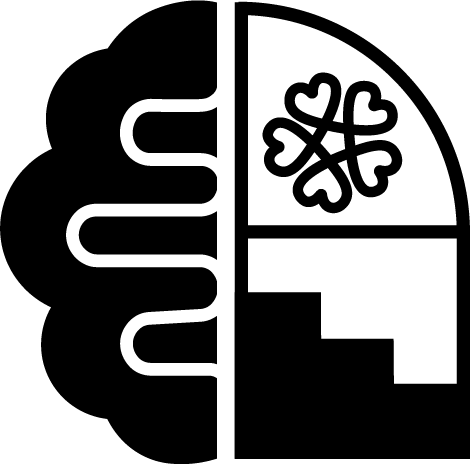Panic Attacks
Panic attacks are sudden and intense episodes of overwhelming fear or discomfort that reach their peak within minutes. They can occur unexpectedly, without any apparent trigger, or may be situationally bound, meaning they are linked to specific situations or triggers. Panic attacks are generally brief but can be extremely distressing for those experiencing them.
Panic attacks can occur as isolated incidents, but they can also be a part of Panic Disorder, where individuals experience recurrent and unexpected panic attacks along with persistent worry about having future attacks. Panic attacks can significantly disrupt daily life, leading to avoidance of certain places or situations for fear of triggering another attack.
It's important to note that panic attacks share some symptoms with other medical conditions, so it is essential to receive a proper evaluation from a qualified healthcare professional to rule out any underlying medical causes.
Engagement in therapy with a psychologist can help you learn how to manage panic attacks.
Symptoms
The symptoms of a panic attack may include:
Physical Symptoms:
Rapid heartbeat or palpitations.
Chest pain or tightness.
Shortness of breath or a sensation of choking.
Sweating or trembling.
Dizziness or lightheadedness.
Nausea or stomach discomfort.
Hot flashes or chills.
Numbness or tingling sensations.
Feeling detached from oneself or reality.
Emotional and Cognitive Symptoms:
Intense fear or impending doom.
Feeling out of control or a fear of going crazy.
Fear of dying.
Feeling a loss of connection to oneself or reality.
Hypervigilance or excessive worry about future panic attacks.
If you are experiencing panic attacks or suspect you may have Panic Disorder, it is recommended to seek help from a psychologist who can provide an accurate diagnosis and develop an appropriate treatment plan to address your specific needs.
Treatment
Cognitive-Behavioral Therapy (CBT): CBT is often the first-line treatment for panic attacks. It aims to identify and challenge negative thought patterns and beliefs that contribute to panic attacks. Through cognitive restructuring, individuals can replace irrational and catastrophic thoughts with more realistic and balanced thinking. CBT also includes exposure exercises to gradually confront feared situations or bodily sensations associated with panic attacks, allowing individuals to develop healthier responses.
Learning and practicing relaxation techniques can help manage and reduce the physical symptoms of panic attacks. Deep breathing exercises, progressive muscle relaxation, and mindfulness techniques can promote relaxation, decrease physiological arousal, and provide a sense of control during panic attacks.
It is important to work with a qualified psychologist or mental health provider to develop an individualized treatment plan that suits your specific needs. They can assess your symptoms, provide guidance, and monitor your progress throughout the treatment process. With appropriate treatment and support, individuals can effectively manage panic attacks and improve their quality of life.
If you would like more information, or to book an initial appointment, please contact the practice.



